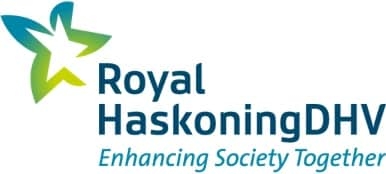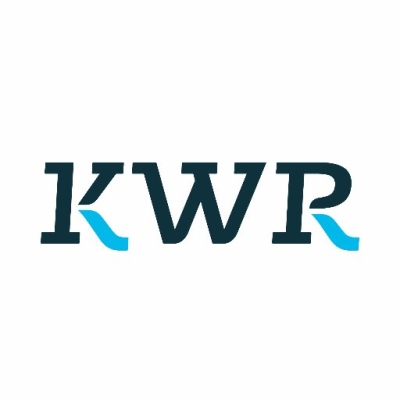Wastewater4Covid
Wastewater4Covid helped to provide the proof-of-concept and added public health value of wastewater surveillance of COVID-19 in different contexts. Wastewater4COVID was awarded the EUREKA status under the EUREKA COVID-19 Network Call: Solutions for COVID-19 Echo Period “Life without a vaccine”. This resulted in a joint project with parallel Dutch and South African research partners and activities. The PPP allowance from Health~Holland was used for the Dutch part of the project in a new collaboration between KWR Water Research Institute, Royal HaskoningDHV and Waternet. The South African part was funded through the Department of Science and Technology with the consortium partners Waterlab, in collaboration with the University of Pretoria and Royal HaskoningDHV South Africa.
Wastewater4Covid demonstrated that wastewater monitoring of SARS-CoV-2 loads provides reliable information about the trends of the circulation of infections in the population. The added value of wastewater surveillance is early warning in advance of clinical testing data. A related advantage is that wastewater surveillance includes all infections in the community, including asymptomatic or mildly symptomatic infections, and is unbiased by testing behaviour and availability. It is an agile population surveillance tool that can be deployed at different scales, with a single sample representing a city or city area. Similar protocols work equally well in sewered cities/areas in South Africa as in the Netherlands. This is relevant for large parts of the global community, as only 50% of the global population is connected to a sewer network. We demonstrated that wastewater surveillance can be cost-effective and can detect the emergence of new variants of concern, at much lower cost (or with much higher granularity) than clinical surveillance.
The data were communicated with the respective Municipal Health Services and Outbreak Management Teams, where they were compared with other surveillance data, and recognized as relatively unbiased sources of virus circulation.



